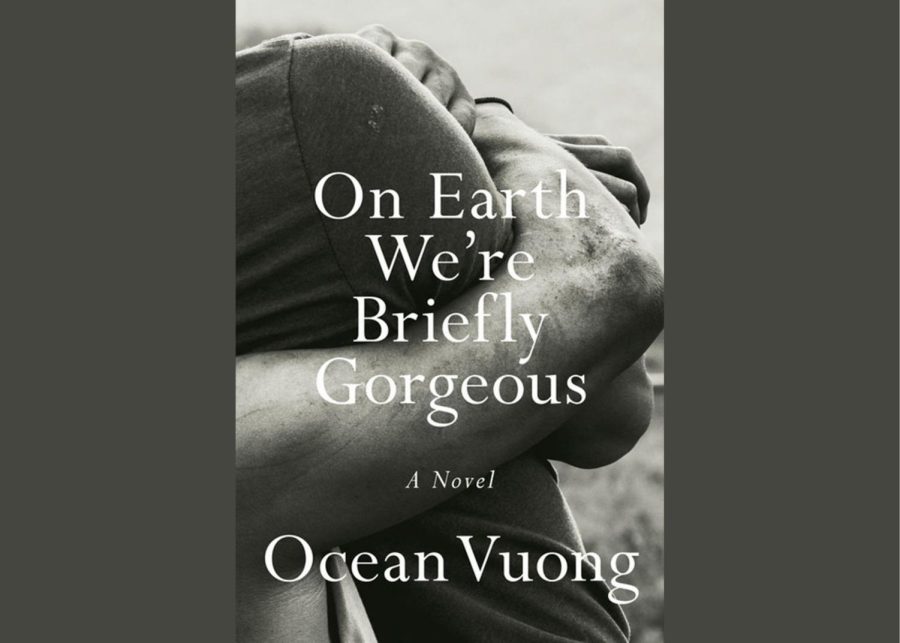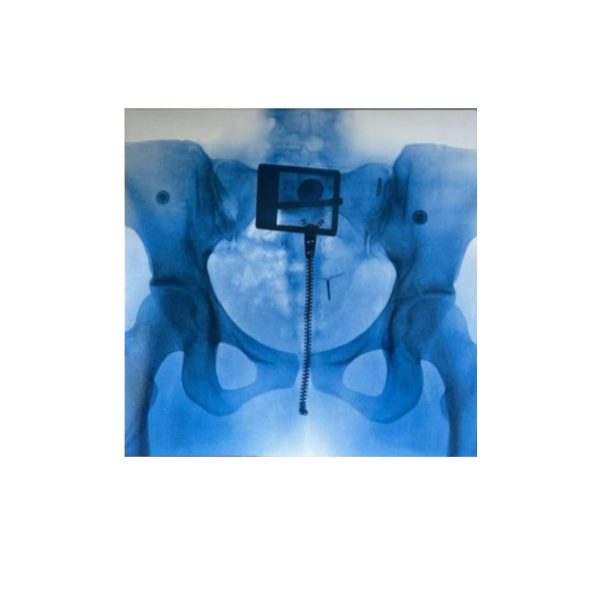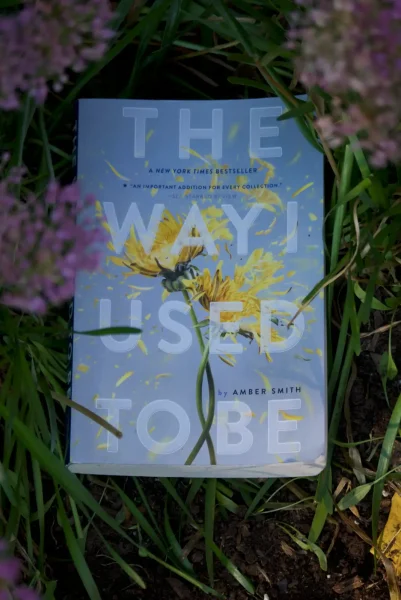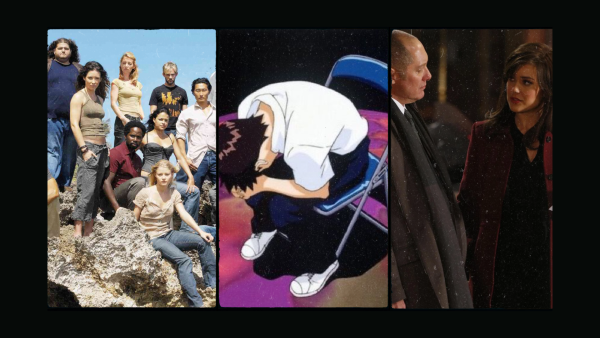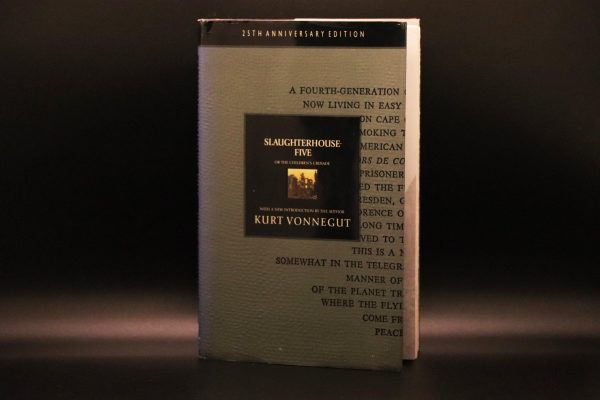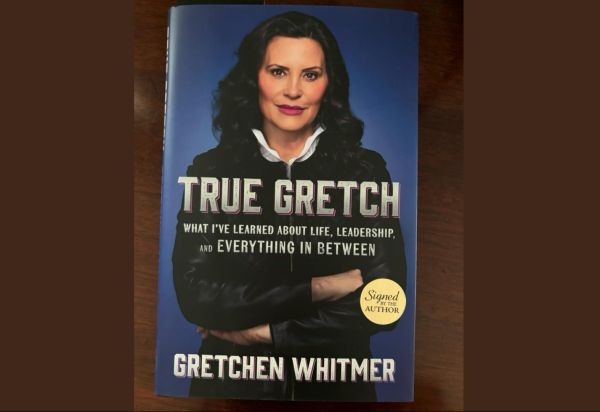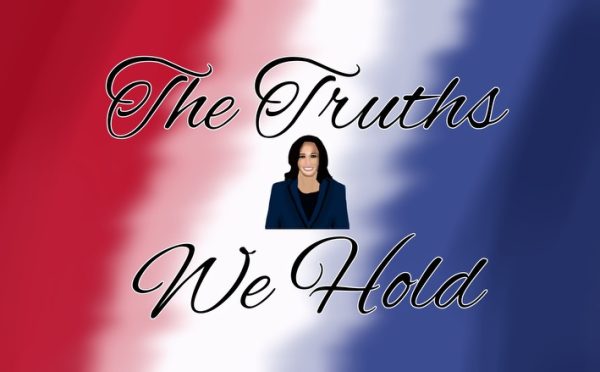“On Earth We’re Briefly Gorgeous” Review
This past summer, at a bookstore in Denver, Colo., I picked up “On Earth We’re Briefly Gorgeous,” by Ocean Vuong. Drawn to the rawness of the cover photo: a boy’s dirty, bruised arms wrapped tightly around his knees pushed me to pull it off the shelf. I often judge books on how easy it is for me to put them down. If a book can keep me tied in and stuck to it for hours, it usually becomes one of my favorites. However, this book is different.
It begs for pause; for reflection; for tears.
I found myself pushing away from this book many times. The coming-of-age story is beautiful and heartbreaking.
Vuong fills his pages with a semi-autobiographical letter from a first-generation Vietnamese American boy to his mother who cannot read English. The main character, referred to by his nickname “little dog,” writes everything he wishes he could have told her, wondering if she will ever read the words.
The book explores themes of sexuality, mental illness, class, labor, addiction and abuse in a way unlike any I’ve seen before. Seamlessly, Vuong wraps the topics together to paint a picture of his life. Being a second-generation Asian American, this book forced me to reflect on my family and our history. The topics discussed were, at times, hard to stomach because of how close they felt to my own life. However, I found myself always coming back; rereading the sections that hit me hardest.
He also explores feelings of love, with a boy named Trevor. Poetically, Vuong describes the pain and joy of loving someone who is struggling through the opioid crisis.
Many times, he reflects on the Vietnam war and how it affected his grandmother and the generational trauma that was passed down. His recounting of her stories shows the reader the true horrors of a country ravaged by war. The complex and flawed family draws much of their anger from their cycles of abuse.
I recommend this book to those looking to be devastated and in awe simultaneously. I would also recommend it to those struggling within multiple identities.
Vuong finds grace in the connections between all that he is and creates a niche way of survival.




